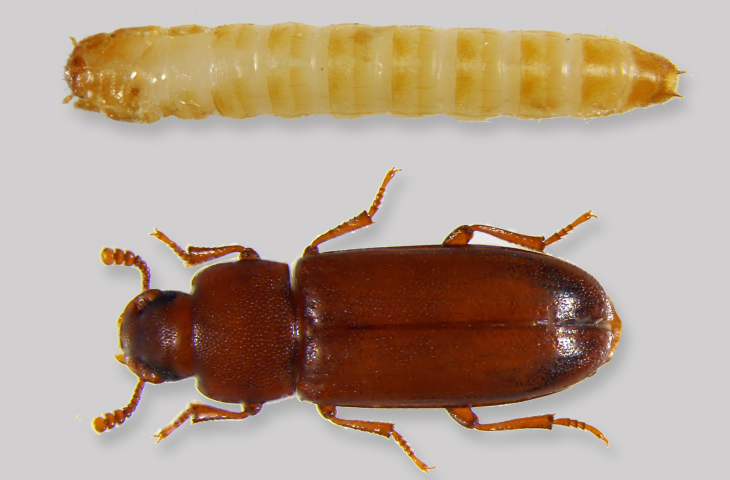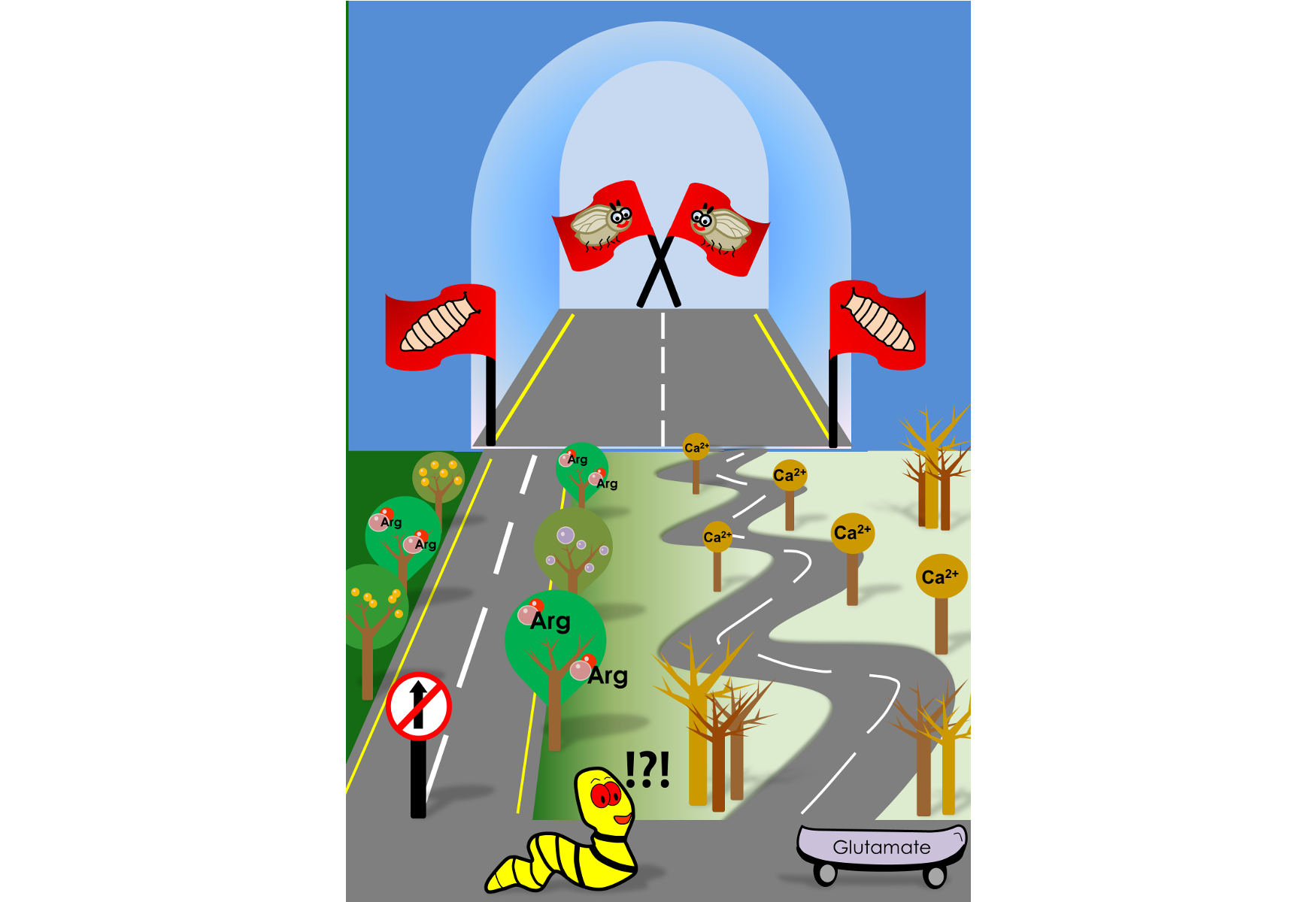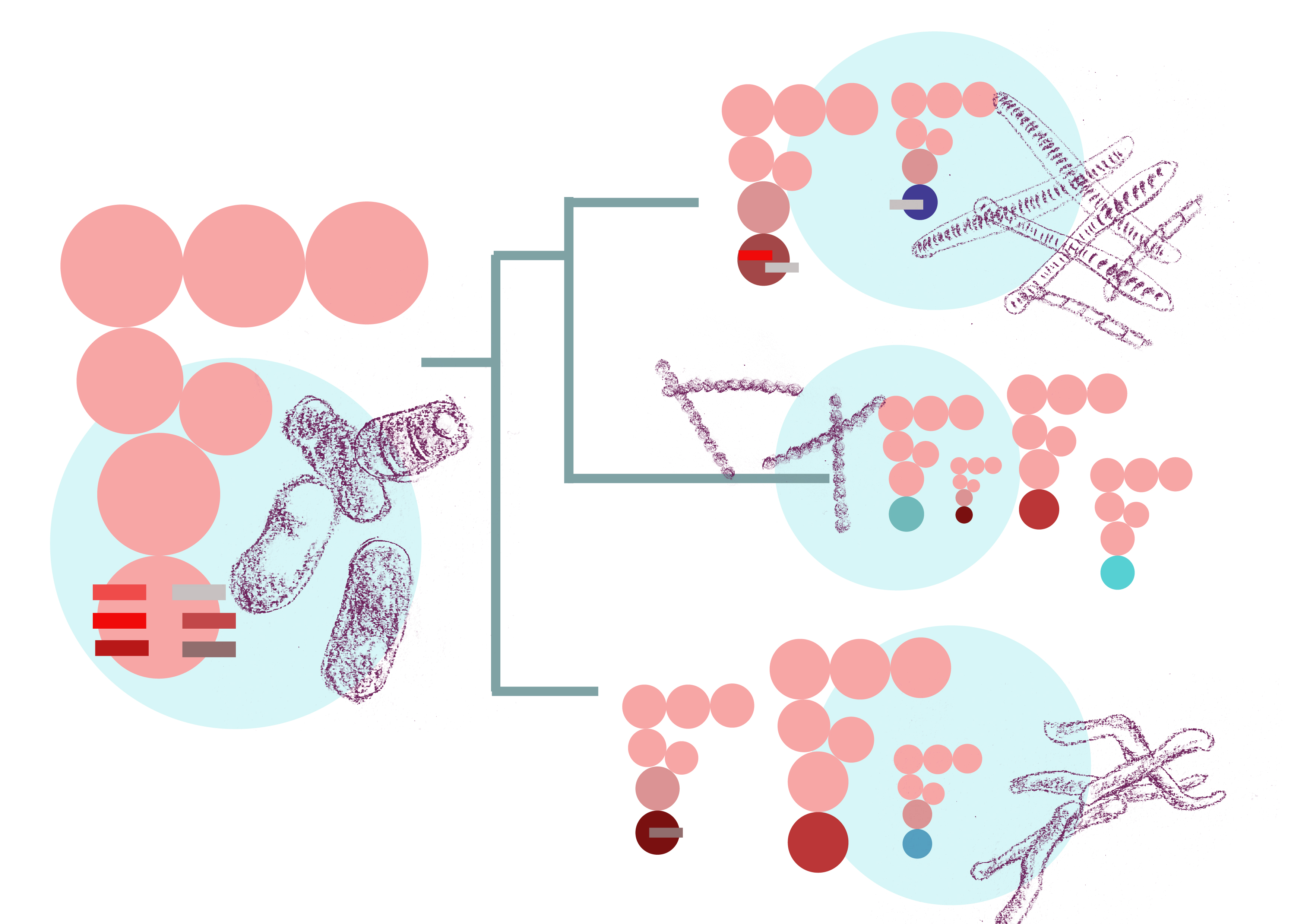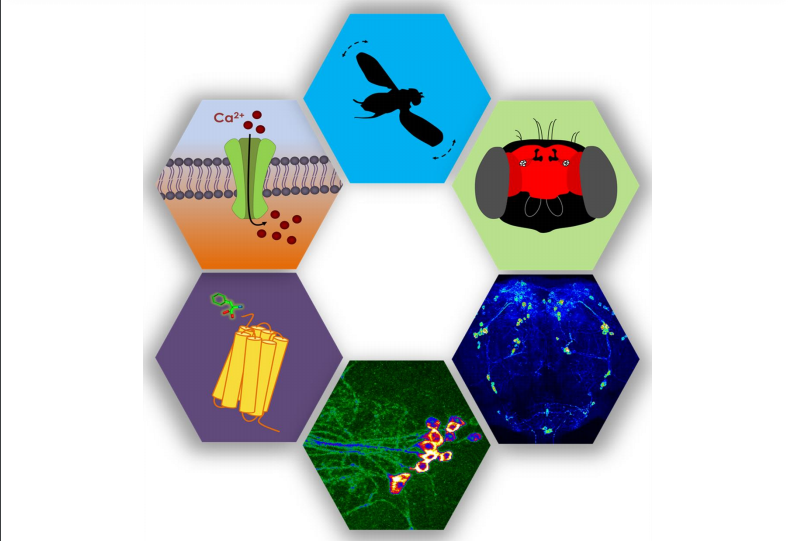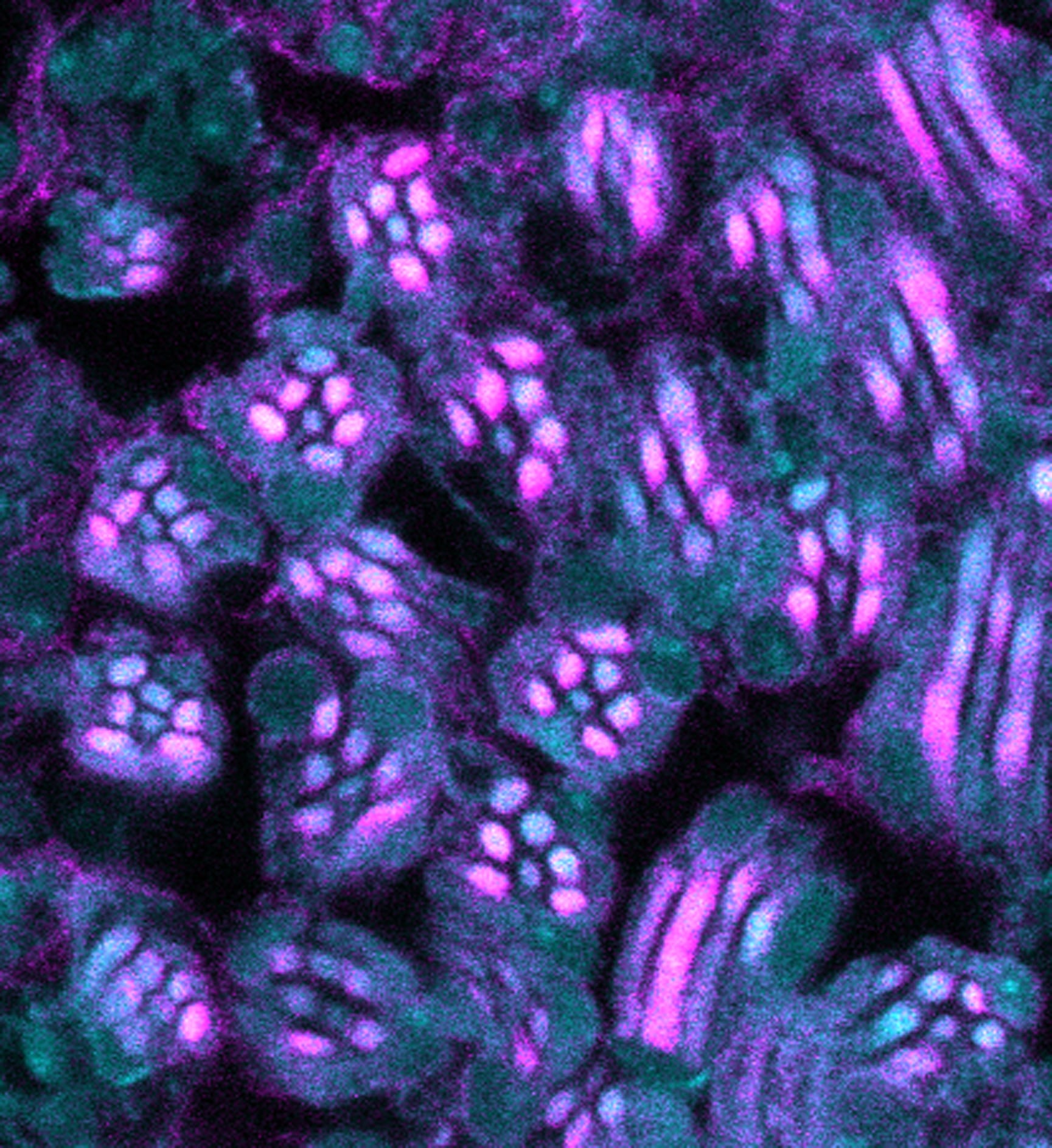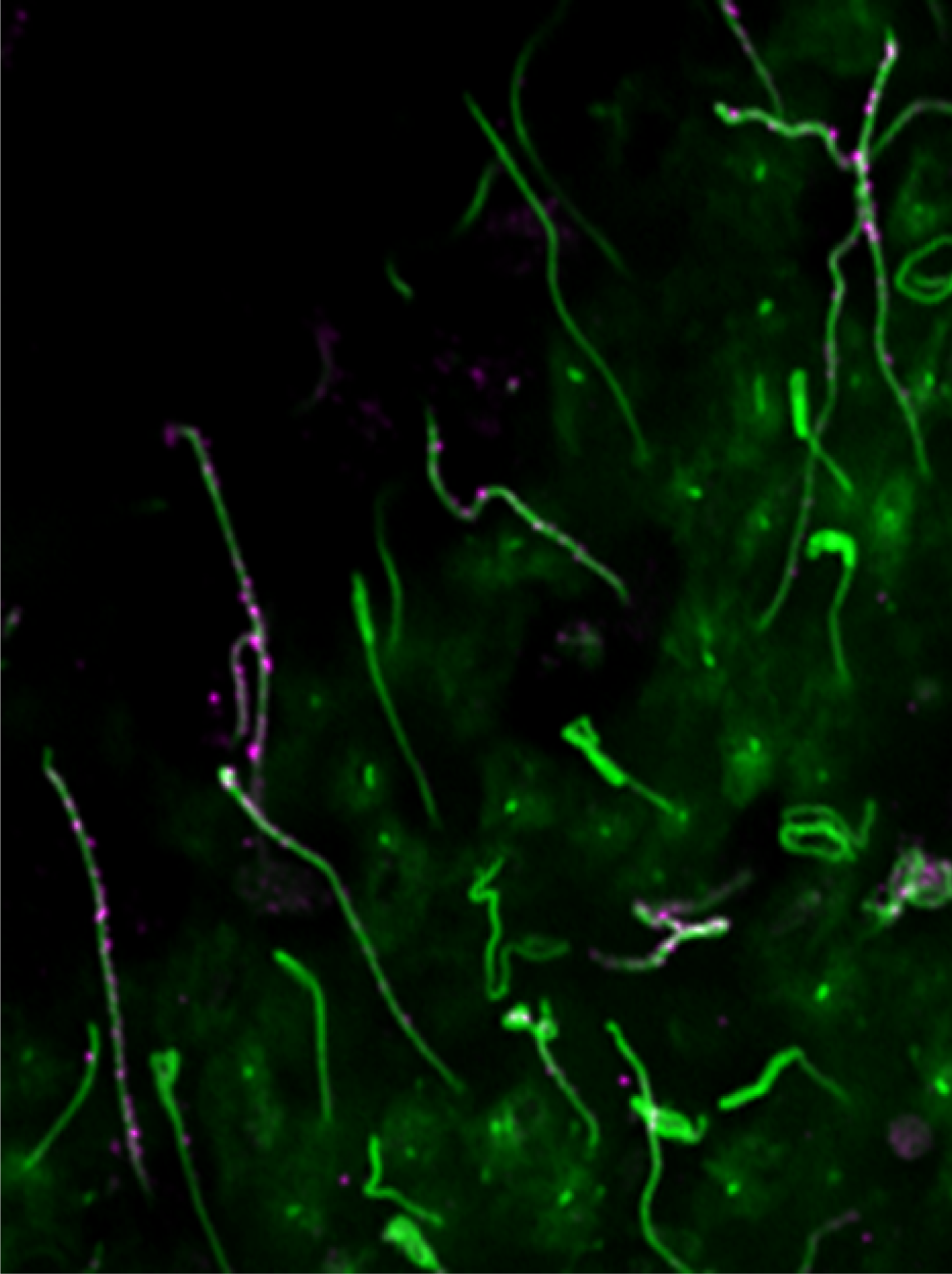-
Balancing act at the edge of cells: Study
We are made up of trillions of cells and they use endocytosis to take up nutrients and growth factors. Endocytosis is a process by which a cell makes small vesicles or bags to take in nutrients from outside environment. In order to maintain its shape and size, a cell has to maintain the area of its plasma membrane.
-
Mutations and fitness tradeoffs in bacteria
If you've ever trained for a track event, you know there are two ways to run. Training for a long distance running event means you have to run economically – wasted movement costs valuable energy. Sprinting, on the other hand, focuses on powerful movements made with intense effort.
-
NCBS team identifies a tiny molecule in rice that facilitated domestication from wild grass
The grains we eat, the flowers we cherish, fruits that we use as supplements, all came from plants that have been extensively modified from their original forms in a process called domestication. Domestication of plants and animals has been the subject of fascinating studies over the last many decades. Domestication encompasses a broad spectrum of evolutionary changes called as “domestication syndrome” that distinguish most crops from their progenitors. These changes may increase fitness of these plants under ideal man-made conditions, but likely decrease their fitness in the wild. Comp
-
The induction of larval resource preference in heterogeneous habitats
Animals often have to evaluate and choose between multiple food sources in their habitat, and these potentially complex decisions can have a large impact on their fitness. A paper recently published by Deepa Agashe's lab, demonstrates that experience-based plasticity of larval resource choice may strongly impact larval preference and fitness in heterogeneous habitats. The paper was published by Vrinda Ravi Kumar, Swastika Issar and Deepa Agashe, from the National Centre for Biological Sciences (NCBS).
-
Surfing on calcium waves: A larva's journey to becoming a fly
Eric Carl, in his much-loved children's book, "The Very Hungry Caterpillar", takes us through the transformation of a gluttony caterpillar into a beautiful butterfly. For a scientist, however, this book is a Pandora's box of questions. How does the caterpillar know when to stop eating? Had he not eaten so much, would he have ever moved on into the cocoon?
-
Lost in translation: understanding the loss of bacterial tRNA modifications over time
Translation, the process by which information from messenger RNA (mRNA) is decoded to build proteins, is a central process to all of life. The nuts and bolts of the translation machinery are among the first concepts biology students learn. Yet, what is not apparent to many is that the components of translation can be diverse across species.
-
To divide or not to divide? That is the question.
Scientists have long wondered and studied how and when the cell multiplies itself, and how cells change over time. In this context, understanding how and when cells multiply is very important.
All living cells undergo the same cell division cycle - irrespective of whether they are fly cells or mouse cells. To be effective building blocks, cells must make critical decisions to divide or not. At the level of an organism, these decisions are at the population level, and specific tasks to individuals – like a division of labour, occur in order for the system to function well.
-
What’s all the ‘excitement’ about flight?
Have you ever wondered how tirelessly the tiny fruit fly buzzes around your fruit bowl? This behavior not only demands tremendous energy but also requires highly coordinated neuronal signaling that enables continuous flight. A recent study from Prof. Gaiti Hasan’s lab has uncovered molecules required in the fruit flies brain that enables flight for long periods of time and helps them locate the fruit bowl in your pantry.
-
A molecular pit crew responsible for refuelling in signalling cells
Raghu Padinjat’s group from the National Centre for Biological Sciences (NCBS), Bangalore
-
The hairy tale of Protocadherin-15: A study by the Ladher Ear Lab
You get into a lift at the ground floor and press the button for the top: You notice a gentle tune playing and then realise you are going up. Both sets of information, that is sound and linear movement are perceived in our ears, but how do our ears sense them? It may be surprising to learn that it is just a few, highly modified cells in our inner ear that plays a vital role in maintaining balance and sensing sound.





